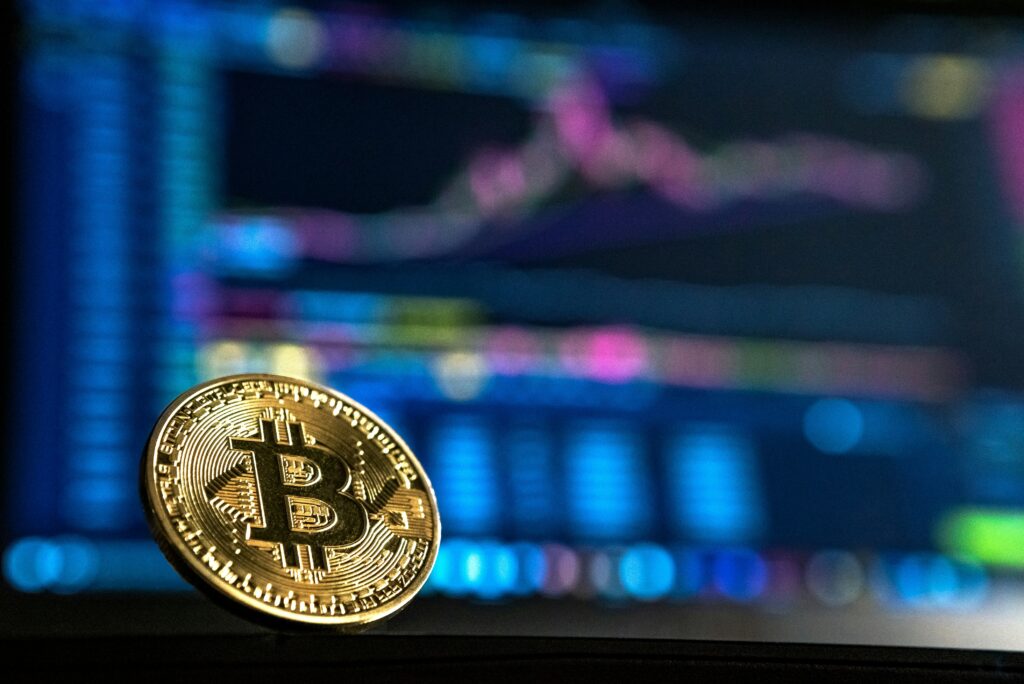The gaming world is changing fast, as in-game economies are becoming more complex and digital transactions are playing a bigger role than ever. Along with the traditional payment methods, players are now embracing cryptocurrencies and other virtual currencies to buy, trade, and invest in new assets.
These changes are reshaping how gamers spend money and also influence their overall gaming experience. In this article, we will take a closer look at modern payment trends, the risk of crypto in gaming, and how it could shape the industry’s future.
How Gamers Are Using Non-Crypto In-Game Digital Assets Today
Many gamers still favor non-crypto payment systems for their ease of use, security, and instant access to content. Prepaid cards remain the top choice, letting players unlock in-game items without linking a bank account, which is perfect for users with privacy concerns or younger players.
Globally, the combined prepaid card and digital wallet market is projected to grow from around USD 2.23 trillion in 2025 to over USD 3.02 trillion by 2029 at a 9.1% growth rate.
Platform-specific wallets like Steam Wallet, PlayStation Store Wallet, and Xbox Credits keep funds ready within a chosen ecosystem for quick purchases.
Multi-game currencies are another popular option, which gives players flexibility across titles and platforms. For example, Razor Gold, Karma Koin, and Nexon Game Card all let players buy credits that can be used in various games.
The Razor Gold gift card stands out as a trusted choice worldwide for making top-ups simple and transactions hassle-free. Karma Koin is valued for its wide acceptance, and the Nexon Game Card is a favourite among fans of Nexon titles.
These non-crypto digital assets bring convenience, security, and versatility, and ensure they remain central to the gaming economy even when new payment technologies develop.
Rise Of Crypto And Virtual Currencies In Gaming
With players and developers exploring the use of Bitcoin, Ethereum, and blockchain-powered in-game currencies, there is a rise in crypto adoption in the gaming world.
These digital assets offer clear benefits over traditional payment methods. Faster transactions, reduced fees, and the ability to make seamless abroad payments without currency conversion issues.
Blockchain technology also enables true digital ownership for gamers through NFTs, allowing items, skins, or collectibles to be bought, sold, and traded securely outside the gaming ecosystem.
Gamers are embracing crypto to attract tech-intrigued audiences and also to create new revenue streams. Games like Axie Infinity, The Sandbox, and Illuvium have experimented with their own virtual tokens to integrate them into in-game economies.
Benefits Of Integrating Crypto In Gaming Payments
- Security: Blockchain-based transactions are secure and irreversible, which helps to reduce fraud and chargebacks.
- Transparency: Blockchain keeps the public record of in-game assets. This prevents duplicacy of data as players can see what they own.
- Flexibility: Players can easily use their assets across different platforms. They can even sell and trade the items.
- Incentives: Some games give extra bonus tokens or discounts, which benefit the players in gaming.
Challenges Of Crypto Payments In Gaming
Crypto brings new opportunities to gaming, but it also comes with notable challenges. As crypto values can rise or fall quickly, the value of what a player can buy may change, which makes in-game costs less predictable.
Rules and regulations in different countries create compliance hurdles for players or limit access. Those who are not familiar with digital assets can face problems as the process of managing crypto could feel complex to them.
Crypto regulations can vary across countries, creating hurdles for payments in gaming. In the U.S., crypto is legal but regulated under tax and anti-money laundering laws. The European Union countries allow crypto transactions but require the platforms to follow strict rules under the MiCA framework.
India permits crypto but imposes a 30% tax on crypto gains, but the Crypto Tax Review Bill 2025 may lower this tax by 15%. China has declared all cryptocurrency transactions illegal, which has made cryptocurrency payments in gaming virtually impossible there.
If the wallets are not properly secured, the players may face loss of funds or a threat to in-game items. These security factors highlight how players need to be more careful and should have proper knowledge when integrating crypto into gaming.
The Future of Gaming Payments: Blending Crypto and Traditional Methods
The future of gaming payments is likely to move towards a hybrid model where traditional digital assets and cryptocurrencies work side by side.
Some games are already testing this blended model, like in Fortnite, players can buy V Bucks gift cards using cryptocurrencies like Bitcoin or Ethereum, and in Roblox, users can own NFTs in the game as it has launched its own blockchain-powered virtual world called PlayDapp.
In such a system, players can seamlessly switch between credits like platform-specific wallets or prepaid cards and blockchain-based currencies for in-game purchases.
The evolution could lead to the development of universal multi-game wallets capable of storing and managing both types of funds in one place, which will make transactions faster and more convenient.
Developers and platforms would have strong incentives to adopt such systems as they could attract a huge audience, encourage cross-platform play, and open new revenue streams.
By offering flexible payment options, the gaming industry can cater to different player preferences while staying ready for future technological shifts.
Wrapping Up
Non-crypto digital assets still lead the way in gaming payments due to their familiarity, security, and ease of use. However, cryptocurrencies are steadily gaining popularity, offering speed, global access, and true ownership of digital items.
The future may lie in a hybrid approach where both systems work together to change how gamers pay, earn, and trade across platforms worldwide.
This industry announcement article is for informational and educational purposes only and does not constitute financial or investment advice.














